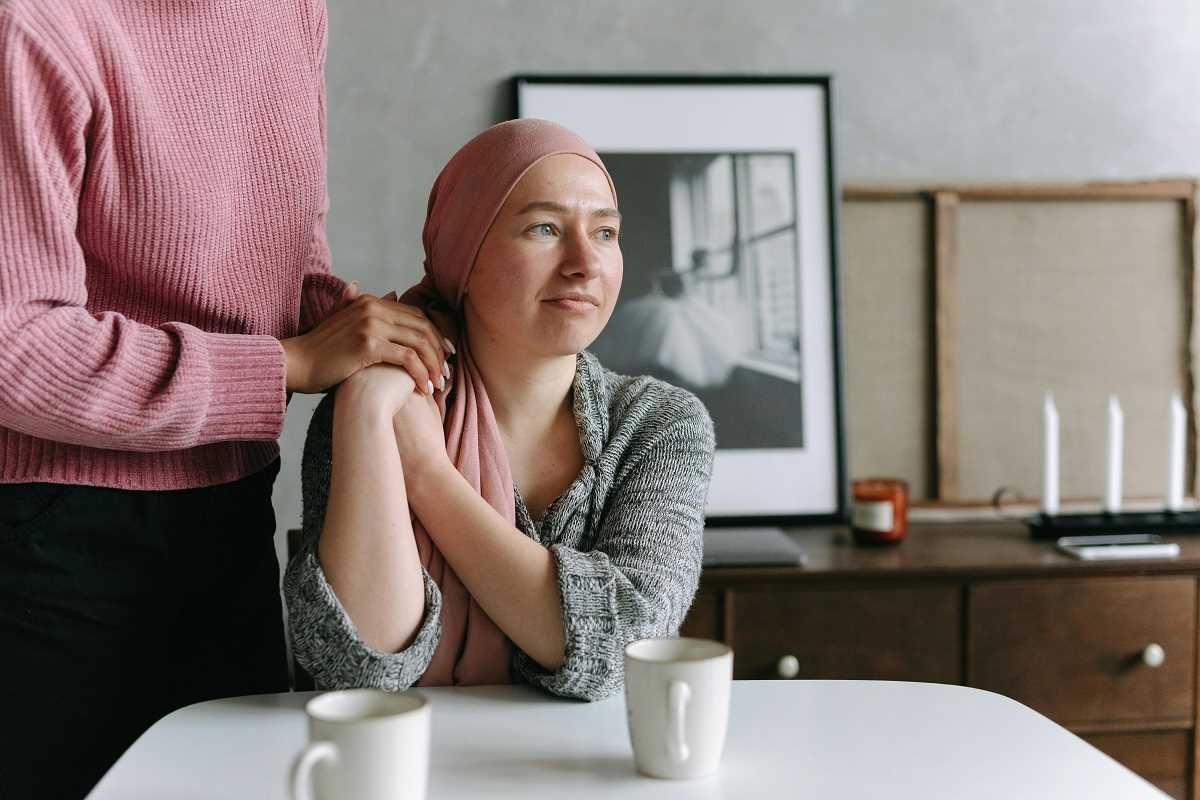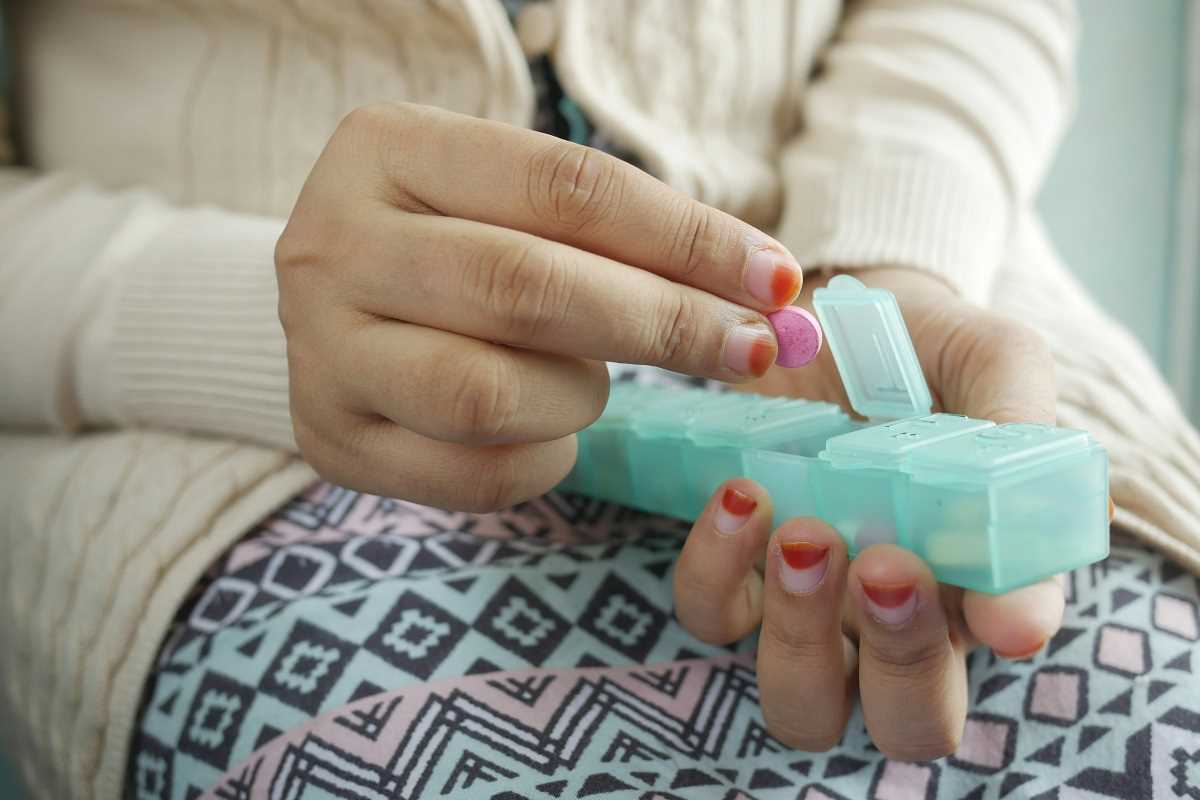When it comes to our health, prevention often proves to be the most powerful form of medicine. While no one can completely eliminate their risk of cancer, there are proactive steps you can take to significantly reduce your chances of developing this disease. From daily lifestyle adjustments to routine medical care, these actions are achievable for most people and can make a real difference for your overall well-being.
This guide outlines simple, practical measures that not only help lower cancer risks but also support better health in general.
Prioritize a Balanced Diet
The food you put on your plate can be a powerful weapon in the fight against cancer. A diet rich in whole, nutrient-dense foods supports your immune system and helps your body resist illness.
1. Focus on Plant-Based Foods
Fruits, vegetables, whole grains, and legumes should make up a significant portion of your meals. These foods are high in fiber, antioxidants, and essential nutrients that protect your cells from damage and inflammation, both of which can contribute to cancer. For example, leafy greens, berries, and cruciferous vegetables like broccoli and cauliflower are especially potent in their cancer-fighting properties.
2. Reduce Processed and Red Meat Intake
Studies show a link between high consumption of processed meats (like bacon and sausages) and an increased risk of colorectal cancer. Reducing your intake of these foods and replacing them with lean protein sources such as fish, poultry, or plant-based alternatives can protect your health.
3. Cut Back on Sugar and Refined Carbs
High-sugar diets can contribute to obesity, which has been linked to several types of cancer, including breast and uterine cancer. Opt for whole-food carbs, like oats, sweet potatoes, and quinoa, and limit sugary drinks and desserts.
Stay Active to Maintain a Healthy Weight
Exercise not only strengthens your body but also lowers cancer risks in multiple ways. Regular physical activity helps control weight, reduces inflammation, and improves hormone levels, all of which contribute to keeping cancer at bay.
Aim for at least 150 minutes of moderate exercise or 75 minutes of vigorous activity each week. Activities like brisk walking, cycling, swimming, or yoga are excellent choices. Consistency is key, so find exercises that you enjoy to make movement a regular part of your routine.
Avoid Tobacco and Secondhand Smoke
Tobacco use is one of the leading causes of cancer worldwide. Smoking is strongly linked to lung cancer, as well as cancers of the mouth, throat, pancreas, and bladder. If you smoke, quitting is the single most impactful action you can take to protect your health.
Even if you don’t smoke, being exposed to secondhand smoke is also dangerous. If someone in your environment smokes, encourage them to quit and avoid prolonged exposure to smoke-filled areas.
Limit Alcohol Consumption
Drinking alcohol has been associated with an increased risk of various cancers, including those of the liver, breast, and esophagus. Alcohol can damage cells and increase your levels of certain hormones that promote cancer growth.
If you drink, do so in moderation. For most adults, this means up to one drink per day for women and up to two drinks per day for men. Keep in mind that less alcohol is better for your health overall, and for some, abstaining entirely may be the best option.
Protect Your Skin from UV Exposure
Skin cancer, including the potentially deadly melanoma, is one of the most commonly diagnosed cancers globally. Protecting your skin from harmful UV radiation can greatly reduce your risk.
1. Use Sunscreen
Apply a broad-spectrum sunscreen with at least SPF 30 when spending time outdoors, even on cloudy days. Make sure to reapply every two hours, especially if you’re swimming or sweating.
2. Seek Shade
Avoid direct sun exposure, especially during midday hours when UV rays are strongest. Wear protective clothing, wide-brimmed hats, and sunglasses to shield exposed skin.
3. Steer Clear of Tanning Beds
Tanning beds expose your skin to concentrated UV radiation, which increases the risk of skin cancer. Stick to self-tanning lotions or sprays if you’re aiming for a sun-kissed glow.
Get Regular Screenings and Vaccinations
Early detection can save lives. Many cancers, such as breast, colon, and cervical cancer, can be successfully treated if caught early through routine screenings.
1. Stay Up-to-Date on Screenings
Work with your healthcare provider to determine which screenings you need based on your age, gender, and family history. For example, mammograms, Pap smears, and colonoscopies are common tests that detect cancer early, often before symptoms appear.
2. Consider the HPV Vaccine
Human papillomavirus (HPV) is linked to several types of cancer, including cervical and throat cancers. The HPV vaccine can protect against the strains most likely to cause cancer, and it’s effective when given at a young age, typically before exposure to the virus.
3. Monitor Family Medical History
If you have a family history of certain cancers, it’s important to inform your doctor. They may recommend earlier or more frequent screenings.
Manage Stress and Get Enough Sleep
Chronic stress and insufficient sleep can take a toll on your immune system, making it harder for your body to fight disease. While more research is needed to directly link stress management to cancer prevention, prioritizing mental and emotional well-being is beneficial for overall health.
Practice stress-reducing techniques like meditation, deep breathing, journaling, or spending time in nature. Additionally, aim for 7-9 hours of quality sleep each night to allow time for your body to repair and regenerate.
Take Charge of Your Health
Taking proactive steps to reduce cancer risks is empowering. And while adopting healthier habits doesn’t guarantee prevention, it can significantly lower your chances and improve your overall quality of life.
Remember, it’s never too late to start. Small changes can add up to big benefits over time. Whether it’s choosing an apple instead of chips, taking a short walk after dinner, or booking that overdue screening, every step matters.
 (Image via
(Image via





